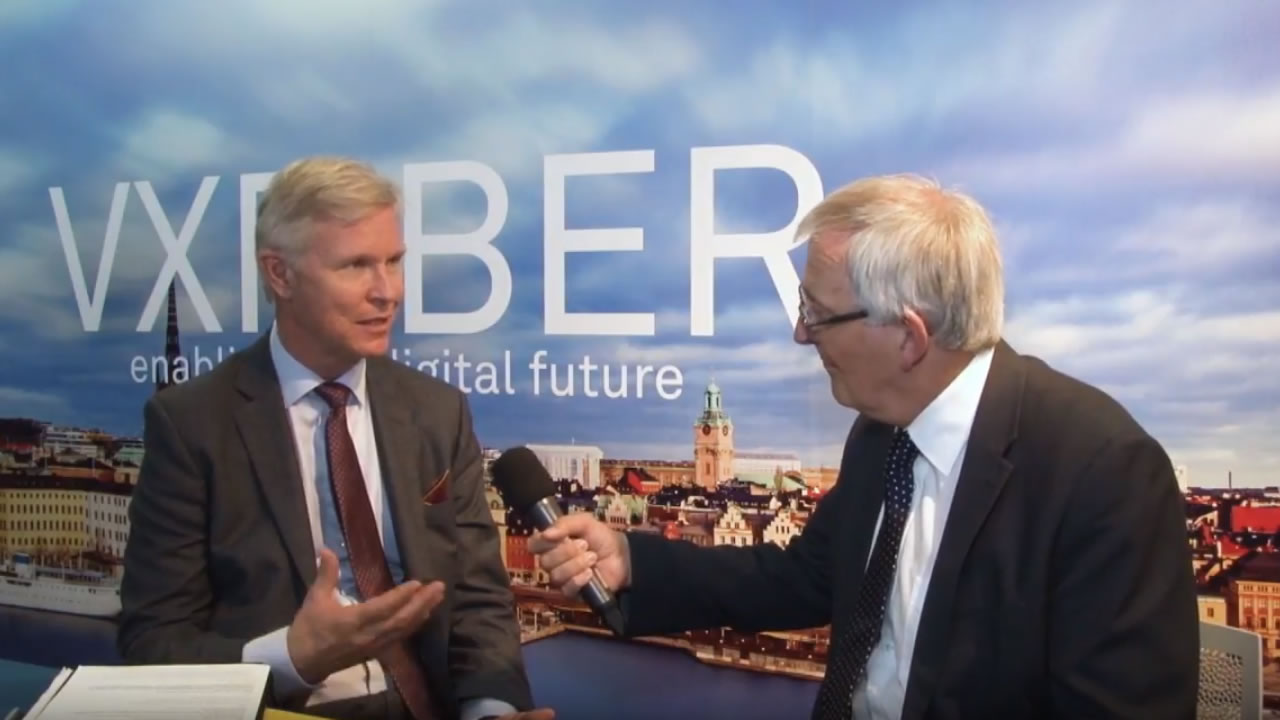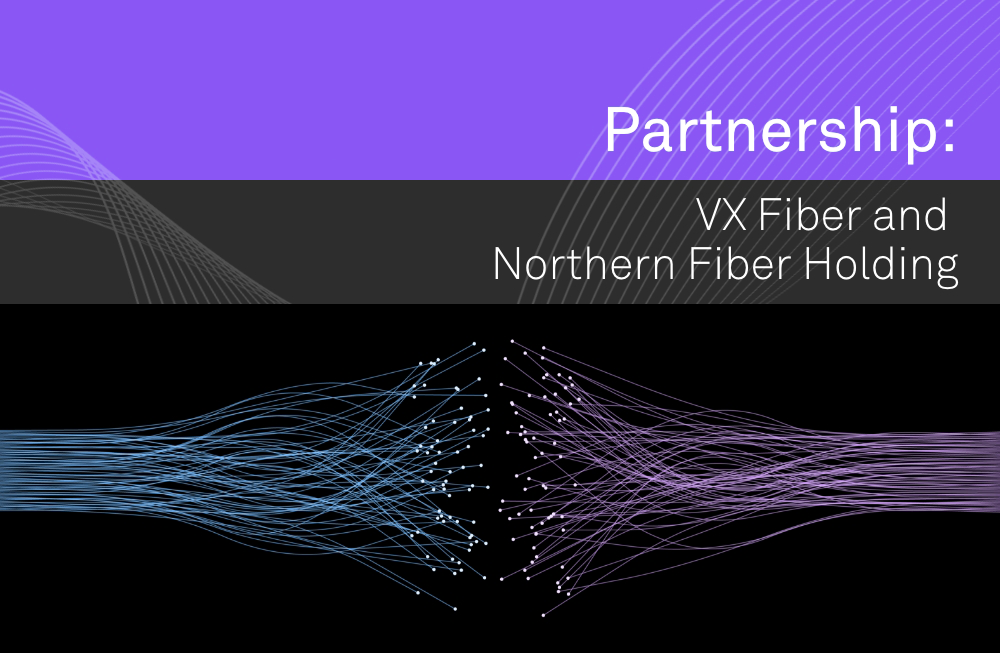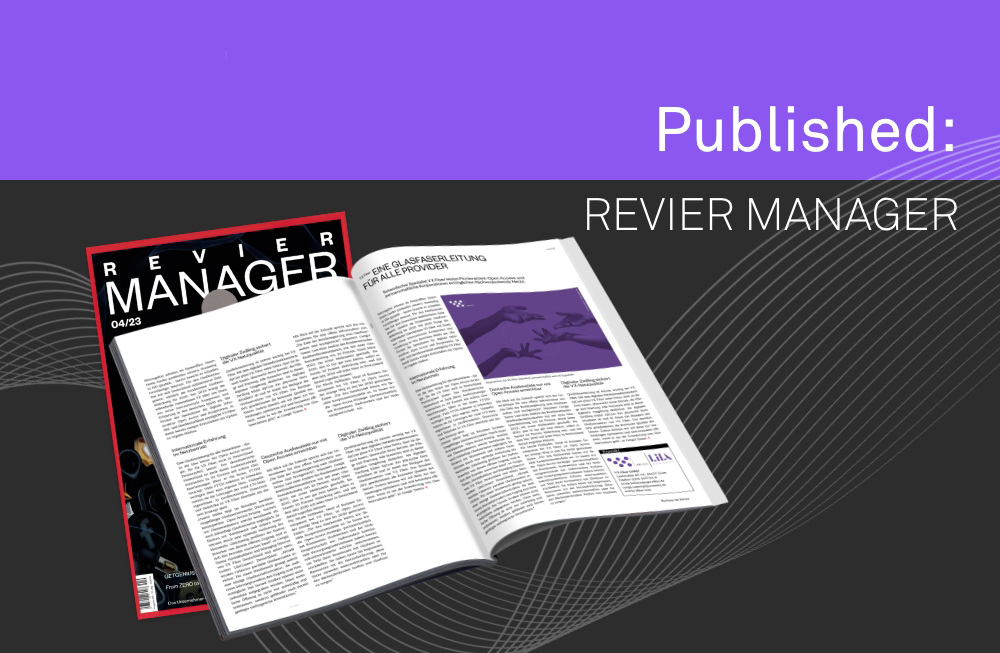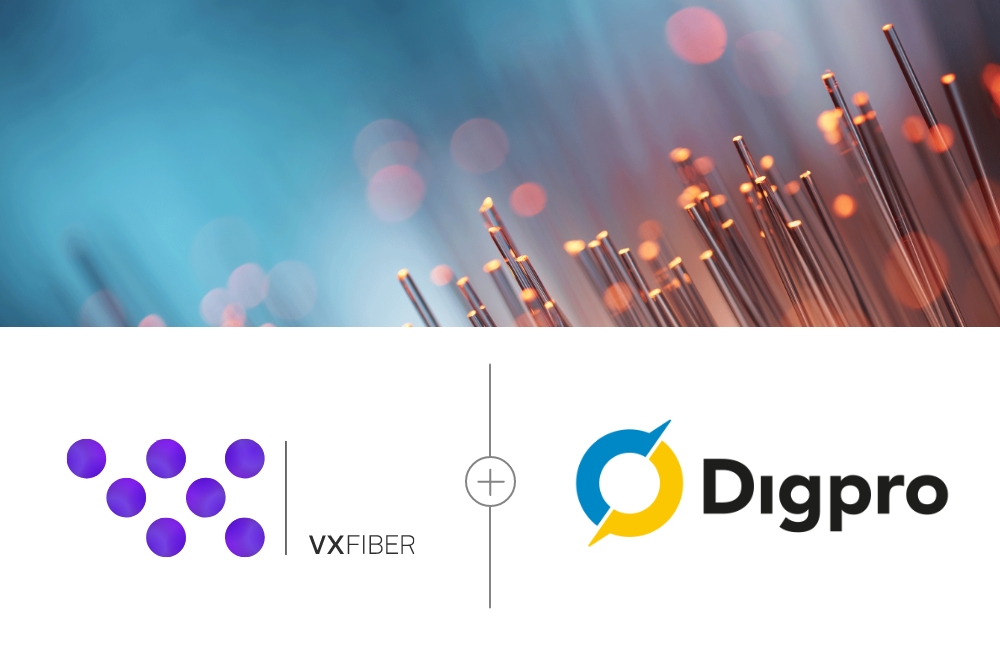Total Telecom spoke to Mikael Sandberg, Chairman of VX Fiber to find out how the UK can continue to sharpen its focus on full fibre services, as the country gears up for another big FTTH push
The UK has moved from FTTP penetration levels of 1% to 7% over the last six months – is fibre deployment happening quickly enough or do we need to pick up the pace?
Any progress in the expansion of full fibre networks across the UK should be applauded. However, the market is currently 93% slow copper putting the UK in 27th place out of 54 countries worldwide, and second from bottom in Europe.
In today’s increasingly digital world, when businesses, the public and the government all rely on high-speed connectivity more than ever, the UK simply needs more fibre in the ground. With the growth of smart cities, cloud services and the IoT, the UK risks being even further left behind if it doesn’t invest in full fibre connectivity now. On a positive note, in the face of current and future market needs, with increasing trends fuelling that need, it seems that substantial momentum is finally picking up in the UK.
What are the main challenges that the UK faces as it looks to continue rolling out fibre?
I see two key challenges around financing and resourcing. If you look at the money available from the public purse and money from industry, it’s not enough. The money has to come from somewhere else as well.
We look at alternative owners of the fibre infrastructure, we see private investors, landlords, property developers …. but we see the Council as the key tenant in the deployment of fibre, using existing assets such as cable laid down for security cameras, for traffic lights etc. Contributing that and enabling private investors to come in and leverage on their existing infrastructure. We want the City Councils to take responsibility for their own digital destiny.
Even with sufficient finance and sufficient demand there is likely to be a shortage on resources – we will bring in resources from Sweden if necessary.
What do you make of the ACA’s recent decision to allow ISPs to use the term ‘Fibre’ while advertising fibre to the cabinet services?
It was a surprise and disappointing, because it confuses UK consumers on what they should expect from their broadband service.
Most so-called “fibre” broadband residential services use copper cabling from the cabinet at the end of the street to the customer’s house. Full fibre to the premises (FTTP) replaces the old copper wires with the latest technology in fibre optic cabling all the way to the actual premises, providing gigabit-capable connectivity and bandwidth.
To achieve full nationwide fibre coverage by 2033, the Government needs to clarify its definition of fibre. If it continues to define full fibre deployment as only FTTC connectivity, the Government risks obscuring the real level of full fibre coverage in the UK – and the true extent of the problem. This could in turn hinder investment and delay new full fibre projects.
VX Fiber has extensive operational experience from among other places in Sweden. Are there any lessons learned in Sweden that will help you here in the UK?
There is a stark difference in attitude towards fibre in the UK and Sweden. Sweden alone has almost 70 percent FTTP. Unlike the UK, rolling out fibre connectivity in Sweden is often driven by local authorities and district councils, because they recognise both its economic value and social benefits. Our collaborative approach helps us to forge new connections while doing good locally. We are the only company to use public money to collaborate, to create a better environment and better relationship with the community. The financial reward is the result of the approach, rather than the prime objective.
Part of the success of fibre coverage in Sweden is down to the open access model. In an open access model, fibre is not owned by the same company who provides the service but by different types of fibre owners, such as local authorities, private investors, utilities, real-estate and landowners, who lease the fibre to multiple service providers for them to access and use the network to deliver their own broadband services. This lowers costs for the service providers, encourages greater competition and leads to much higher subscriber uptake.
What does 2019 have in store for VX Fiber?
Although VX Fiber has significant operations in South Africa and some smaller operations in Costa Rica and Malaysia, we are now focusing on Europe: Germany, Austria, Belgium and the UK.
In the UK: the biggest announcement for 2019 is our partnership with Stoke-on-Trent City Council to deploy a city-wide full fibre gigabit broadband network.
It’s an ambitious project that’s backed by the Government’s Local Full Fibre Networks (LFFN) fund, scheduled to be completed by Spring 2021. The network will stretch for over 60 miles and will connect tens of thousands of homes and business over the next 10 years.
This is a milestone for the City Council in helping to achieve it’s ambition to upgrade it’s existing infrastructure to a full fibre gigabit network. By awarding the contract to VX Fiber, on the basis of our Open Access Model, it signifies the recognition of our unique approach to fibre connectivity in the UK.
We now have over 150,000 connected subscribers in Europe, South Africa and South East Asia, and are connecting new users at a rate of 200+ per day. We will be announcing more cities later this year.
What are you most looking forward to at the Connected Britain event?
Recently the larger UK operators have revealed plans for a collaborative approach to solve the problem of mobile broadband coverage hot-spots. It’ll be interesting to see the next steps in this process, including how vendors and operators will collaborate to tackle the rural broadband issue.
With 5G expected far sooner than many had previously thought, what will also be interesting is to see how coverage regulation will work in the UK. Hopefully there will be a discussion around how the Government can regulate rural 5G coverage.
The UK needs an alternative to big cities continuing to benefit from enhanced, high speed connectivity while rural areas struggle with basic 3G and 4G networks coverage. It will be interesting to participate in discussions on where we left off last year in terms of what facilitates and what stops progress, will 5G help or hinder. We all agree that it is a complimentary technology, and that 5G definitely needs fibre.
You can catch up with VX Fiber at this year’s Connected Britain event. Held from the 18th-19th of June 2019, Connected Britain will bring together the key stakeholders in the UK’s fixed line and mobile communications sectors.






